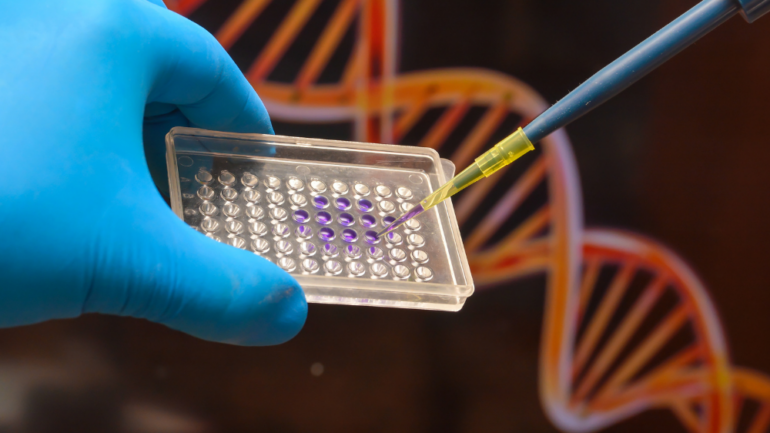Early Detection saves lives! The earlier breast cancer is diagnosed the better the chance of recovery. Women can take proactive steps to know their family history, risk factors, and especially their own bodies. It is important to be vigilant.
| Screening Type | Description | Frequency | Risk Level* |
|---|---|---|---|
| Breast Self-Exam | Self-examination of the breasts to feel for any lumps or irregularities. Discuss with your doctor the benefits and limitations of breast self-exams and determine whether this procedure is right for you. | Discuss with your doctor | Average |
| Clinical Breast Exam | A healthcare provider physically examines the breasts to feel for any lumps or irregularities. | As part of a regular physical health exam: at least every 3 years in your 20s and 30s; annually, starting at age 40 | Average |
| Mammogram | An x-ray image of the breast that can reveal irregularities and help to detect cancer early when it is most treatable. | Annually, starting at age 40 Annually, starting at age 30 |
Average High |
| Genetic Testing | Usually several blood samples are taken for laboratory tests, to identify changes in DNA. | At time determined by individual’s physician | High |
| MRI | Uses radio waves and a magnet to create detailed images of the inside of the body. | Annually, starting at age 30 | High |
You can also download the screening chart in PDF here and use it for your breast cancer prevention guide.



